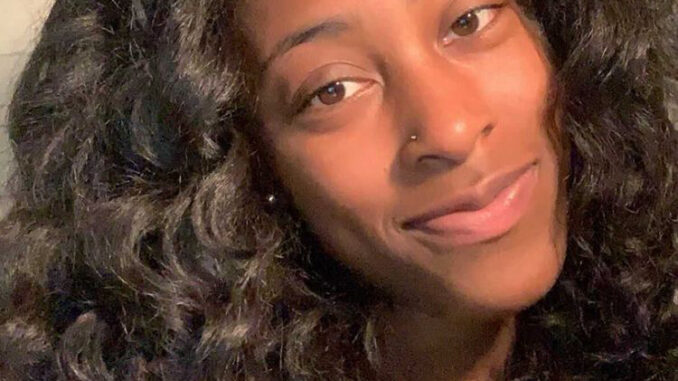
This week I had a conversation with Nayyir Strasner, the president of the Black Student Union (BSU) on campus.
The BSU is one of the longest-running student organizations on campus. It was created in the 1960s for Black students to have community, solidarity and support. It’s inception took place in the heart of the civil rights movement in America.
In fact it was created just before SUNY New Paltz’s Black Studies Department was created in 1969, and right before the first Black History Month in America was celebrated in 1971.
The Oracle reported on the BSU in 2016 and wrote that Anthony Winn, previous president of the BSU, said after the civil rights movement there was a “golden age” for the Union.
This year the BSU is flourishing amidst another American civil rights movement. The police killing of George Floyd in May led to nationwide “Black Lives Matter” marches that grew into the largest protest movement in American history.
Strasner explained what being part of the BSU at this particular moment is like.
Tell me about your background and what led you to value the Black Student Union so dearly.
I went to an Episcopal boarding school in Virginia. There were only 20 Black people and the school only had about 300 or 400 people.
We had to explain things to people who were having their first experiences with Black people. Some of them don’t know what’s appropriate to say because no one’s ever told them or they never had to consider that.
So me and a few of my friends started a council. We wanted it to be like a Black Student Union but the name was “Inclusivity Council.” I think that was just because it was more palatable for, to be honest, the white people at my school. It irritated me that [the school] made us change our name.
It’s like how Lester Eugene Mayers explained that when you call oppressed people BIPOC (Black, Indigenous, People of Color) and you lump them together you take away–there’s already individuality that comes with Blackness, with being Indigenous, with being a person of color who isn’t Black. You’re taking that away by lumping them together and calling people BIPOC.
So when they lumped us together and made us Inclusivity Council instead of letting people have separate alliances, I wanted to make sure that the underclassmen who continued to do it understood. Even if they weren’t going to let us have a BSU, the importance of having that space for all people who felt like they needed that space on campus was important. And now that we have it in college I definitely do feel like it was what I was trying to do in high school.
Coming from that experience and knowing how important it is to have safe spaces for Black people to get together, even if we’re not doing anything serious or educating people, I know how important it is for Black people to foster community, especially in predominantly white institutions like SUNY New Paltz.
Would you say building community is the most important element of a space like BSU and that the other things, like educating others, are of secondary importance?
Personally I would say that. I do think that it’s important that we come together as a community first just because a lot of people expect Black people to do the educating and people don’t realize that it’s a traumatic experience to explain to someone that what they’re doing or saying or what they believe can be harmful to someone’s who’s visibly Black, like me.
I often times hesitate when it comes to educating people because the information is important to know but there’s so many free outlets, so many free documentaries, there’s so much free information out there. My one individual experience as a visibly Black Carribean-American woman in this country is not a blanket experience for Black people. And when I want to share my experiences I do, but I don’t want people who have questions and they’re coming to me for a specific answer to use that as the one anecdote they use when they think about a Black experience, because there are so many Black experiences.
Tell me more about the impact it can have for non-Black people to turn to Black people to educate them about Blackness and racism.
There’s so much free information that if you’re not compensating me for teaching you, you’re further oppressing me.
I don’t have to give you my time. A lot of people feel entitled to your time and your experiences as a Black person. I’ve stopped giving my labor away for free.
I’m used to people’s first experiences with a Black person being with me and I know that when people are asking me a specific question or when they’re looking for specific information I’m giving them my experience. Since they ask me I feel like they’re not going to go do the research because if they wanted to do the research they would have done it instead of asking me.
Do you want to see more people from other racial backgrounds coming to the BSU events?
Oh definitely! Black people, we live the experience, this information is not really for us. There’s some things that we need to be a little bit more aware of and hypervigilant, like for example with our program called MAPS (about food desserts) that we just did. It’s not that the information is not for us, but it’s for everybody. It’s not just Black people. So it would be great if people would come that are not Black.

